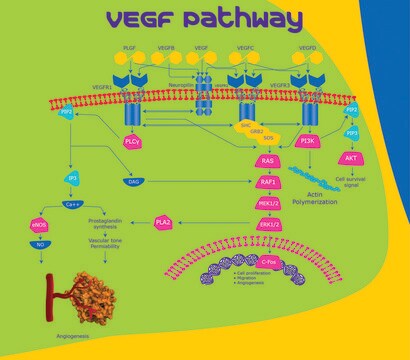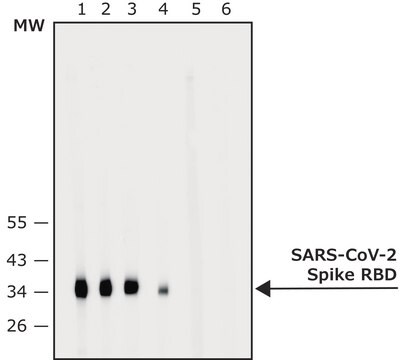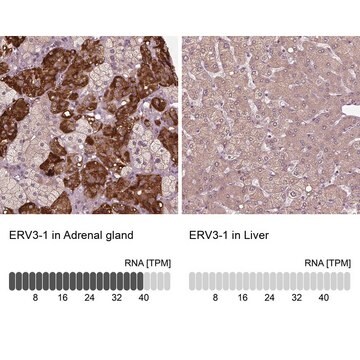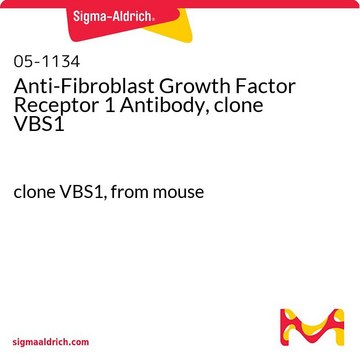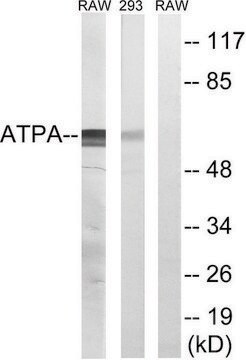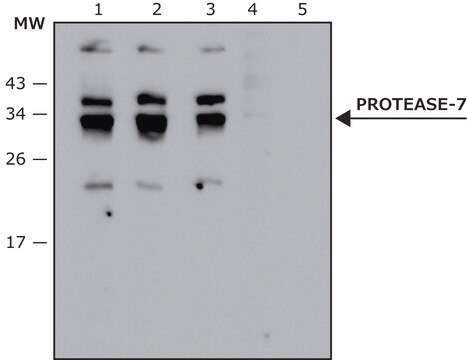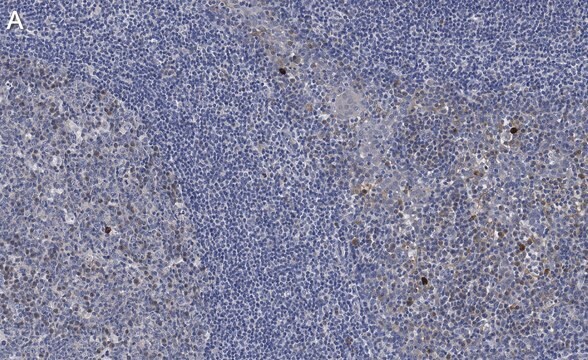SRP4743
PLGF from mouse
recombinant, expressed in E. coli, ≥95% (SDS-PAGE), ≥95% (HPLC)
Synonyme(s) :
PGF, PIGF
About This Item
Produits recommandés
Source biologique
mouse
Produit recombinant
expressed in E. coli
Pureté
≥95% (HPLC)
≥95% (SDS-PAGE)
Forme
lyophilized
Poids mol.
~32.6 kDa
Conditionnement
pkg of 10 μg
Conditions de stockage
avoid repeated freeze/thaw cycles
Impuretés
endotoxin, tested
Numéro d'accès NCBI
Conditions d'expédition
wet ice
Température de stockage
−20°C
Informations sur le gène
mouse ... Pgf(18654)
Description générale
Forme physique
Reconstitution
Code de la classe de stockage
11 - Combustible Solids
Classe de danger pour l'eau (WGK)
WGK 3
Point d'éclair (°F)
Not applicable
Point d'éclair (°C)
Not applicable
Certificats d'analyse (COA)
Recherchez un Certificats d'analyse (COA) en saisissant le numéro de lot du produit. Les numéros de lot figurent sur l'étiquette du produit après les mots "Lot" ou "Batch".
Déjà en possession de ce produit ?
Retrouvez la documentation relative aux produits que vous avez récemment achetés dans la Bibliothèque de documents.
Notre équipe de scientifiques dispose d'une expérience dans tous les secteurs de la recherche, notamment en sciences de la vie, science des matériaux, synthèse chimique, chromatographie, analyse et dans de nombreux autres domaines..
Contacter notre Service technique

